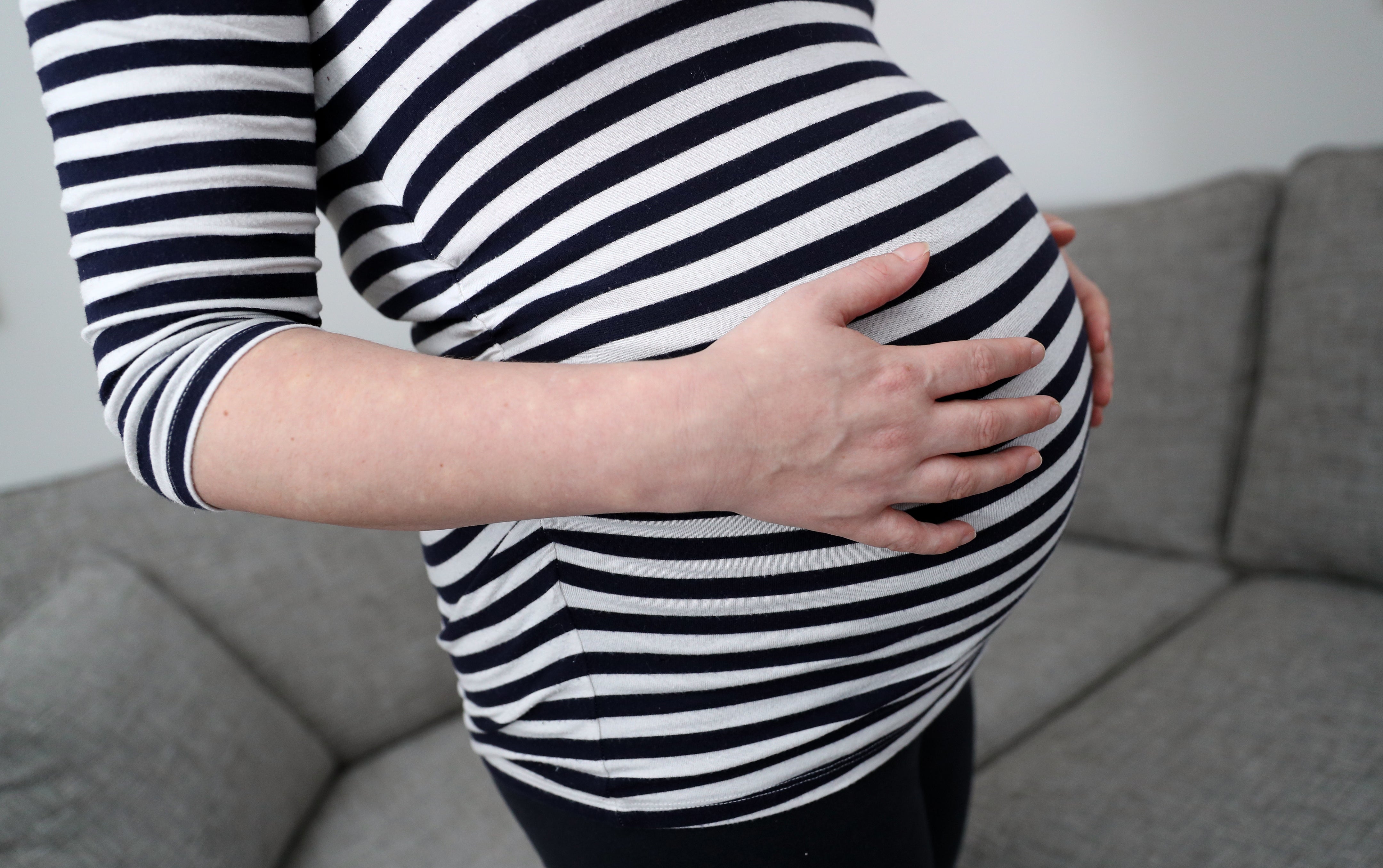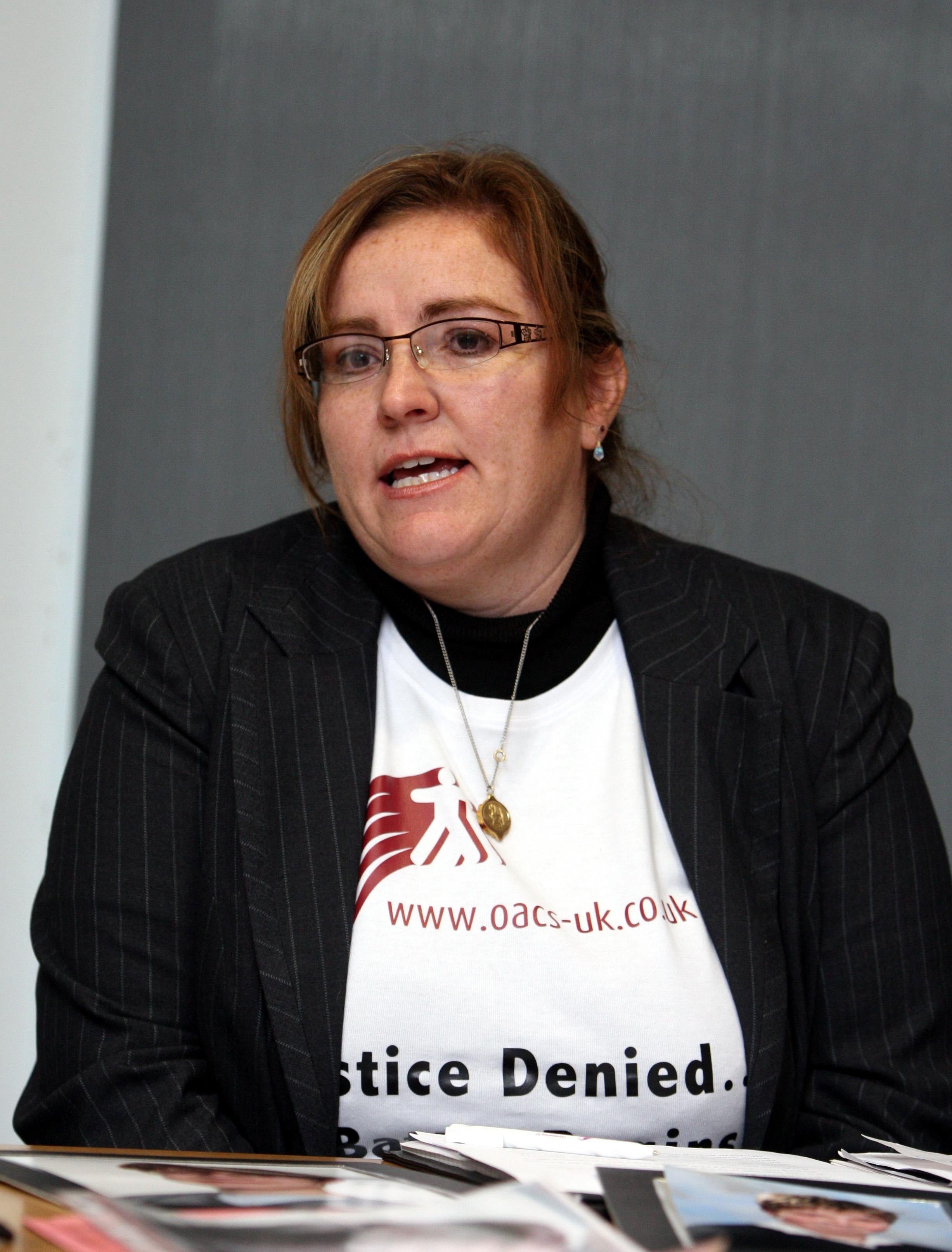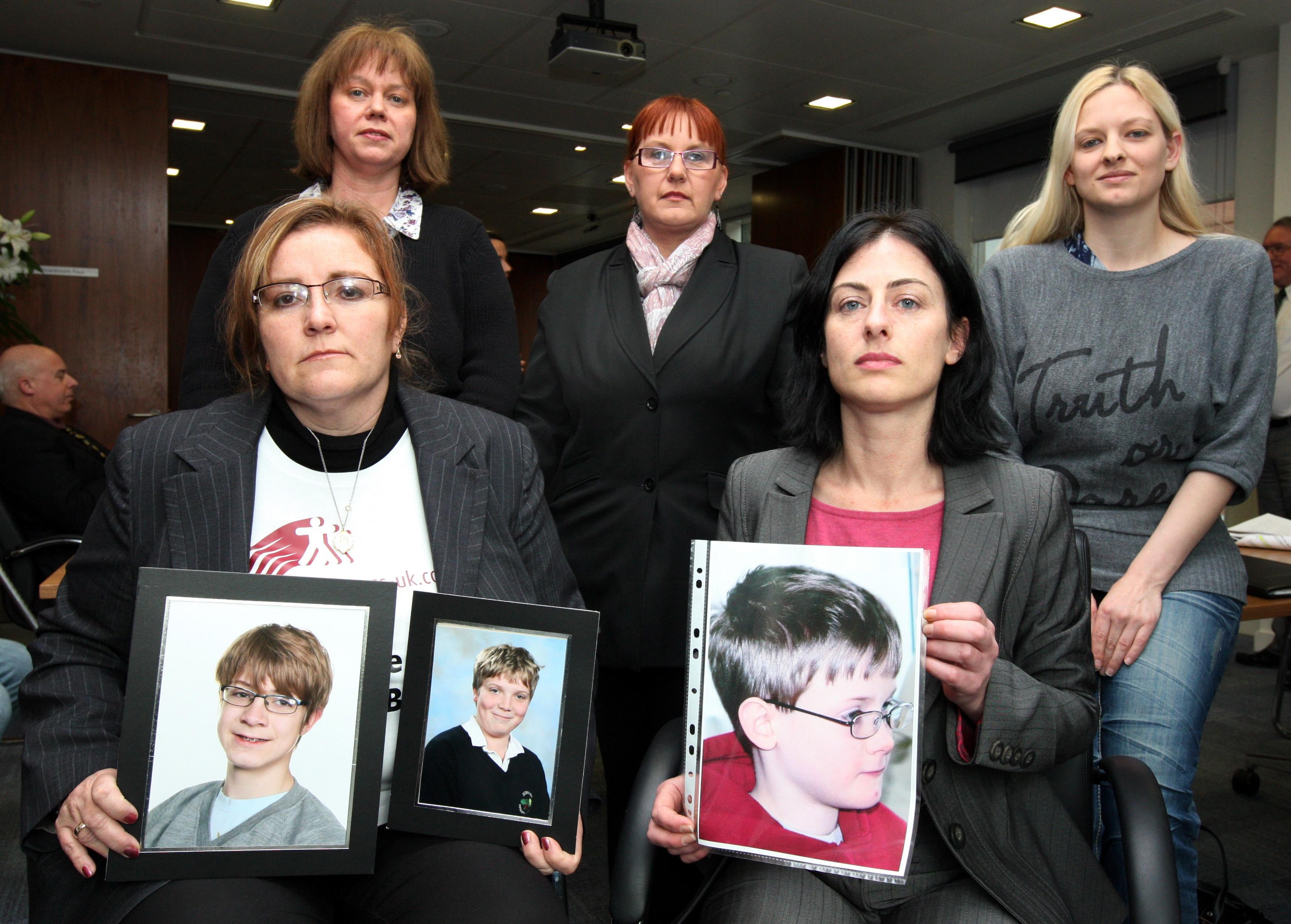Drug that harmed 20,000 babies still being prescribed to pregnant women ‘without warnings’
Former health secretary Jeremy Hunt says epilepsy drug sodium valproate ‘a major risk to patient safety’

Your support helps us to tell the story
From reproductive rights to climate change to Big Tech, The Independent is on the ground when the story is developing. Whether it's investigating the financials of Elon Musk's pro-Trump PAC or producing our latest documentary, 'The A Word', which shines a light on the American women fighting for reproductive rights, we know how important it is to parse out the facts from the messaging.
At such a critical moment in US history, we need reporters on the ground. Your donation allows us to keep sending journalists to speak to both sides of the story.
The Independent is trusted by Americans across the entire political spectrum. And unlike many other quality news outlets, we choose not to lock Americans out of our reporting and analysis with paywalls. We believe quality journalism should be available to everyone, paid for by those who can afford it.
Your support makes all the difference.A drug that caused physical deformities and neurological problems in tens of thousands of babies is still being prescibed to pregnant women.
The epilepsy medication sodium valproate has been given to women in the UK for years without proper warnings, The Sunday Times reported.
Jeremy Hunt, the former health secretary, called for an “immediate fix” to prevent the “harm” reportedly caused by the drug.
A review published in 2020 estimated 20,000 Britons had been affected after being exposed to the drug as developing babies.
At that time, the review said “hundreds” of babies were still being born each year to mothers taking it who were unaware of the risks.
According to the latest figures, 222 pregnant women were exposed to sodium valproate in the period 2020-2021 the Medicines and Healthcare products Regulatory Agency (MHRA) said.
They said rates of exposure have been declining since the Pregnancy Prevention Programme was introduced, and rates in 2020-2021 are “substantially lower”.
Mr Hunt said sodium valproate was “a major risk to patient safety” as he called for it to be banned from being given to pregnant women.
A spokesperson for NHS England said it has set up an expert group to help cut by 50 per cent next year the use of valproate by women who can get pregnant.

Mr Hunt told the Sunday Times: “It’s time the British state faced up to its responsibilities. Just as we eventually did to victims of the thalidomide scandal.
“It beggars belief that after so many warnings this still hasn’t been sorted. This is a major risk to patient safety and ministers must order an immediate fix to prevent any more avoidable harm.”
He said it is time for the NHS to “stop dragging its feet on this”, saying it “cannot be right to risk disability for so many babies when the effects of the drug are so well known”.
Dr Alison Cave, MHRA chief safety officer, said valproate use in pregnancy carries “significant risks of harm to the baby” and it “should not be taken by any individual of child-bearing potential unless they have a pregnancy prevention programme in place, which includes use of effective contraception”.
Each year, every woman on the drug needs to sign an annual risk acknowledgement form together with their healthcare professional, as her circumstances regarding the risk of pregnancy might change, Dr Cave added.
She said work is continuing on use of the drug in people “where there are no other viable options available”.
She added: “Our safety work on sodium valproate is ongoing and we will continue to review, adapt and implement regulatory measures where appropriate that will enable the continued safe use of this medicine in individuals who can get pregnant where there are no other viable options available.”
Mr Hunt launched a review in 2018 into how the health service responded to concerns over sodium valproate.
That review also looked at pelvic mesh - which has been linked to crippling, life-changing complications including chronic pain, infections and loss of sex life – and hormone pregnancy tests such as Primodos, which are thought to be associated with birth defects and miscarriages.

The review, chaired by Baroness Cumberlege, made a series of recommendations.
These included the appointment of an independent patient safety commissioner who sits outside the healthcare system; a call for the government to issue an immediate “fulsome apology” on behalf of the healthcare system to the families affected; reform at the medicine and medical devices regulatory body; and a register for all “financial and non-pecuniary interests for all doctors”.
The Sunday Times reported on a pack of the drug being given with no patient safety information leaflet inside.
The MHRA said it would investigate any examples where important safety information on risks in pregnancy has not been provided.
In response to the Sunday Times story, a spokesperson for the Department of Health (DH) said: “Patient safety is a priority and we take all reports and inquiries on this matter extremely seriously.
“As set out in our response, we have accepted the majority of the recommendations in Baroness Cumberlege’s report. We want to improve the future safety of medicines and medical devices – ensuring they are used in line with the latest evidence of best practice – and there are wider forms of redress available for those who need it.”
A spokesperson for NHS England said: “The NHS has established an expert group to help reduce the use of valproate by women who can get pregnant by 50 per cent next year.
“Last year the NHS wrote to all women and girls aged between 12-55 in England on the medication to remind them of risks with the drug when pregnant and has worked with partners on a number of initiatives to support reduction in valproate risks.”
Join our commenting forum
Join thought-provoking conversations, follow other Independent readers and see their replies
Comments